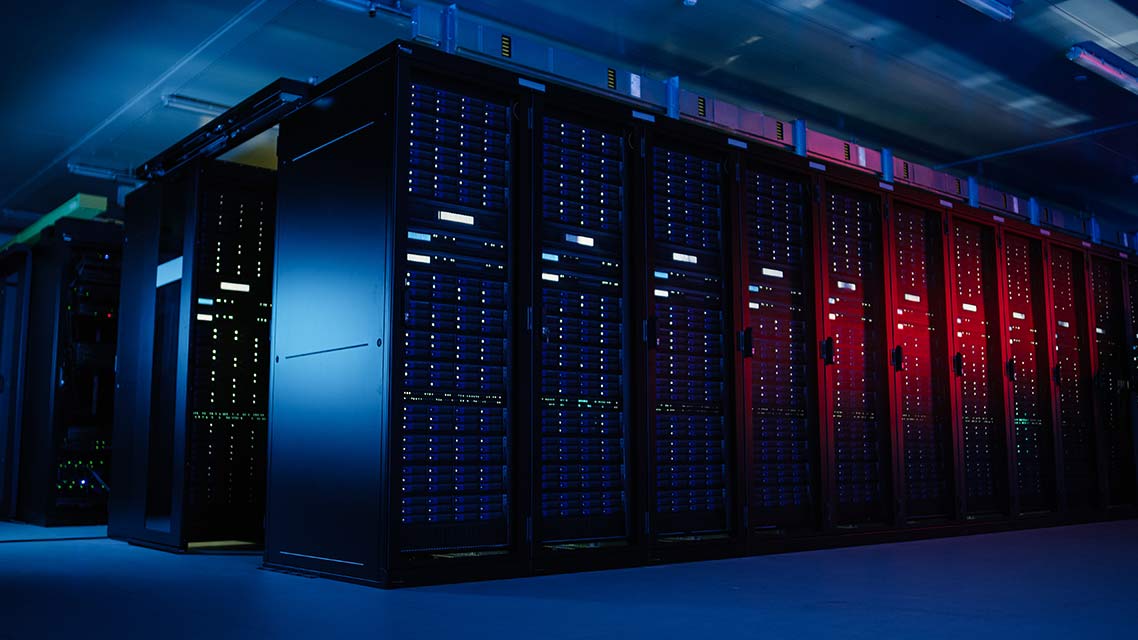Understanding The Basic System Requirements of a Dedicated Server
3 min read
Understanding the different types of web hosting services is not an easy task. So, once you plan to build a website or a blog, you must first understand your requirements and choose between the types of web hosting services available.
Once you have decided on one, it’s time to find out more information about that service. For instance, if you like most, chose dedicated server hosting. This blog is for you!
Read on to understand the basic system requirements needed if you plan to buy dedicated hosting – But first, let us understand what dedicated server hosting is.
Dedicated Server Hosting
When a physical server, a CPU, is exclusively operating and hosting a single website, it is called a dedicated server. The resources and network of that server are limited for the utility of that particular server, only.
Unlike VPS hosting, the server used for dedicated hosting is a physical, metal server. Hence, it is also called the bare-metal server!
If you own a growing or large-scale business in the country or want to host a resource-intensive website like a gaming platform, dedicated hosting is your best choice.
You can find several good providers for dedicated server hosting in India! Now that you know what dedicated server hosting is, let us understand some basics about dedicated server requirements.
Basic Requirements of a Dedicated Server
- Bare-Metal Server
The bare-metal server is the central processing unit(CPU), i.e., the heart of the hosting system. Hosting doesn’t happen without this server because this server is home to the website and is the source of all the data and resources.
Hence, you must choose a server that satisfies all your requirements and fits your budget.
- Other Hardware
Apart from the physical server, there are a few more things required that come under hardware.
The Random Access Memory (RAM) is the remembering capacity of the CPU. You will have to choose the RAM power according to the estimated traffic of your website.
Storage is another important part of the hardware necessary for your website. Your website contains data like various files, folders, content, media, etc. You must opt for appropriate storage options for easy access to this data.
It is advised to always go for more storage and memory than you think you need!
- Operating System
The operating system, or OS, signifies the type of system used to operate the entire hosting function.
It is extremely important to choose the best operating system for your web hosting server, preferably Linux or Windows so that it adapts to various third-party software and conditions.
- Control Panel
The control panel of the hosting server is where the website is configured and settings are established. It is used to manage and operate the entire server.
It is basically software that you can integrate for easy operations and allows you to keep your website functional.
- Bandwidth and Capacity
Bandwidth is the limit of the network to transmit information, data, and content from one server to another. This capacity of the server determines the strength and reliability of your website. It is necessary to have a great bandwidth!
- Security Features
Security is paramount when it comes to online operations. You must integrate security measures like antivirus software, malware protection, protection against various attacks, intrusion detection and eradication tools, monitoring and reporting tools, etc.
Conclusion
With this basic understanding, you now know what to look for from your providers. While it is not important to have in-depth knowledge or expertise in the field, since most providers offer managed hosting, it can be useful to know the basics.
This knowledge can help you ensure that you have the basics in place to ensure the best website performance.




